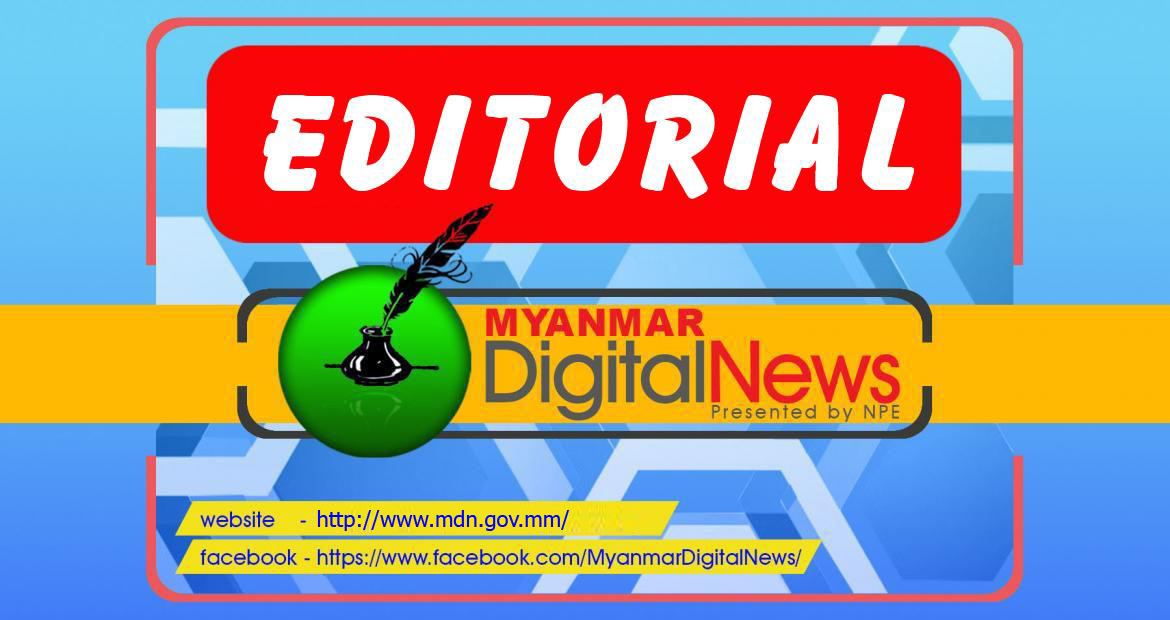26 December
While fighting against the COVID-19 pandemic, we are entering the dry season which always brings fires to our communities.
Myanmar adopted plans to address the nine natural disasters under the categories of urban fire, forest fire, flood, earthquake, storms, tsunami, drought, landslide and frost after 2008 Cyclone Nargis.
But, today, we need to review our yearly plans in accordance with the changing types of natural disasters and modern technologies which should be in line with the national health guidelines. We should all note that this year plan should encourage being cognizant of social distancing and COVID-19 health guidelines such as wearing masks and face shields even in the wake of a fire.
To safeguard communities in regions and states, every community in a high-risk area needs to have risk-reduction plans plan for minimizing vulnerabilities to fire.
The plans would include preventing illegal storage and trading of fuels and intensifying the fire response activities such as encouraging fire drills and creating critical buffers.
While people may react differently to various forms of disaster, such as evacuating from a fire or sheltering in place following an earthquake, With any disaster, preparedness is the same. The more prepared we are, the better our survivability.
Now, regional and state authorities and local communities are urged to remain mindful of another disasters such as fires because we have seen outbreak of fires after the rainy season.
Nobody can predict what’s going to happen. We can hope for the best, but we must prepare for the worst so we can be ready should the need arise.
Local organizations and businesspersons joined hands with the government whenever natural disasters took place in Myanmar.
Prevention works must be conducted in places where natural disaster could occur and preparedness and drills must be conducted nationwide.
Having correct and timely information was important in conducting search, rescue and rehabilitation works. Emphasis must be placed down to the grass roots for this
We can take concrete steps and should still practice how to be safe when disasters happen.
GNLM


